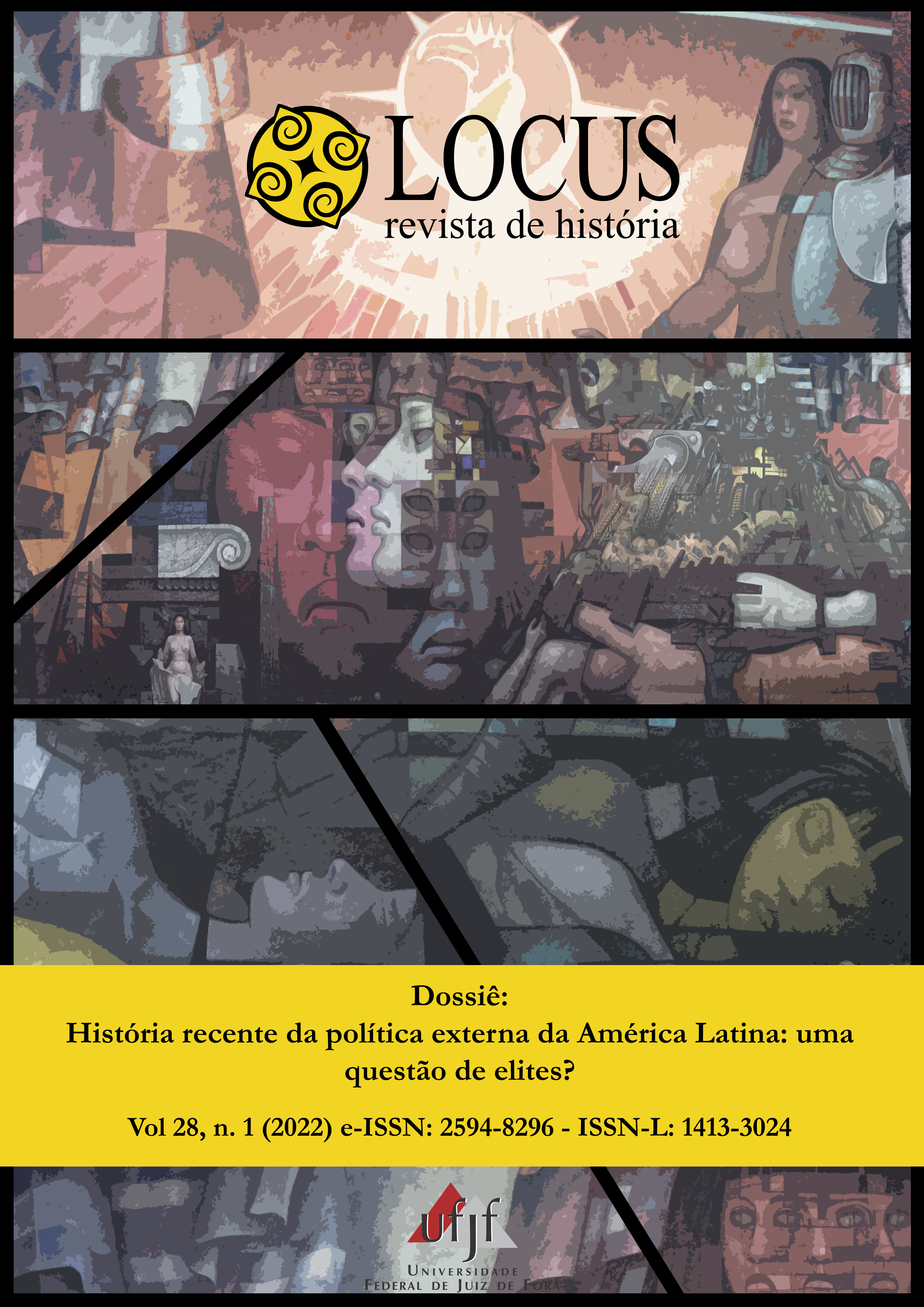Published 2022-07-05
Keywords
- Primo Levi,
- Testimonial Literature,
- concentration camps
How to Cite
Copyright (c) 2022 Cleber Vinicius do Amaral Felipe

This work is licensed under a Creative Commons Attribution 4.0 International License.
Abstract
This article proposes Primo Levi's “literature” as a confluence/litigation “zone” in
which disparate and paradoxical categories clash/contradict and produce reading effects, many of
them supported by the (im)possibilities of representing life in concentration camps. Without the
intention to cover all his Works, it is suggested that the testimony can be read as a “between”, as
a locus in which dualities such as the sublime and the abject, experiences and expectations; the
past and the present; the conventions and the unprecedented; the here and the beyond can
befound/tensioned.
Downloads
References
- Agamben, Giorgio. O que resta de Auschwitz. São Paulo: Boitempo, 2008.
- Alighieri, Dante. A divina comédia. Tradução de Cristiano Martins. Belo Horizonte: Garnier, 2019.
- Baldasso, F. B. “The Other as the Judge: Testimony and Rhetoric in Primo Levi’s Se questo è un uomo”. MLN, 128, 1 (2013):166-184. https://doi.org/10.1353/mln.2013.0005
- Caldas, P. S. P. “O Espelho deformante: Um estudo sobre ‘É isto um homem?’, de Primo Levi”. Em As Formas do Romance: Estudos sobre a historicidade da literatura, orgs. Felipe Charbel, H. B. Gusmão e L. L. S. Mello, 177-198. Rio de Janeiro: Ponteio, 2016.
- Caldas, P. S. P. “O evento limite em Primo Levi: uma leitura de Os afogados e os sobreviventes”. Literatura e Sociedade, v. 25, n. 32 (2020): 51-72. http://dx.doi.org/10.11606/issn.2237-1184.v0i32p51-72
- De Angelis, L. “Nell’oscurità le parole pesano il doppio. Note a Primo Levi”. Em Mémoire oblige Riflessioni sull’opera di Primo Levi, org. A. Neiger, 73-108. Trento: Università degli Studi di Trento, 2009.
- Felipe, C. V. A. “Depois da tempestade, o relato: experiência e narrativa em Primo Levi”. Varia Historia, 37, n. 75 (2021): 883-912. https://doi.org/10.1590/0104-87752021000300010
- Felipe, C. V. A. “O canto de Ulisses: as (im)possibilidades da narrativa em Primo Levi. ArtCultura, 23, n. 42 (2021): 133-153. https://doi.org/10.14393/artc-v23-n42-2021-61856
- Gagnebin, J. M. Lembrar escrever esquecer. São Paulo: Ed. 34, 2006.
- Hansen, J. A. “As categorias epidíticas da ekphrasis”. Revista USP, n. 71 (2006): 85-105. https://doi.org/10.11606/issn.2316-9036.v0i71p85-105
- Homero. Odisseia. Tradução de Carlos Alberto Nunes. Rio de Janeiro: Ediouro, 2001.
- Klüger, R. Paisagens da memória: autobiografia de uma sobrevivente do Holocausto. São Paulo: Ed. 34, 2005.
- Leopardi, G. Cantos. Florianópolis: Nephelibata, 2014.
- Levi, P. 71 contos de Primo Levi. Tradução de Maurício Santana Dias. São Paulo: Companhia das Letras, 2005.
- Levi, Primo. A tabela periódica. Rio de Janeiro: Relume Dumará, 1994.
- Levi, P. A trégua. Tradução de Marco Lucchesi. São Paulo: Companhia de Bolso, 2010.
- Levi, P. É isto um homem? Tradução de Luigi Del Re. Rio de Janeiro: Rocco, 1988.
- Levi, P. La ricerca delle radici. Torino: Einaudi, 1981.
- Levi, Primo. Mil sóis: poemas escolhidos. Seleção, tradução e apresentação de Maurício Santana Dias. São Paulo: Todavia, 2019.
- Levi, P. O ofício alheio: com um ensaio de Ítalo Calvino. Tradução de Silvia Massimini Felix. São Paulo: Editora Unesp, 2016a.
- Levi, P. Os afogados e os sobreviventes. Tradução de Luiz Sérgio Henriques. São Paulo/Rio de Janeiro: Paz e Terra, 2016b.
- Mengaldo, P. V. “Il Canto di Ulisse”. Em Per Primo Levi, org. P. V. Mengaldo, 119-128. Turim: Einaudi, 2019.
- Montemaggi, V. “Primo Levi e Dante”. Em Innesti. Primo Levi e i libri altrui, eds. G. Cinelli, R. Gordon, 127-142. Oxford: Peter Lang, 2020.
- Scarpa, D. “O claro e o obscuro em Primo Levi”. Fênix, v. 18, n. 1 (2021): 5-36. https://doi.org/10.35355/revistafenix.v18i1.1049
- Seligmann-Silva, M. “Narrar o trauma: escrituras híbridas das catástrofes”. Gragoatá, 24 (2008):101-117.
- Seligmann-Silva, M. O local da diferença: ensaios sobre memória, arte, literatura e tradução. São Paulo: Ed. 34, 2005.

